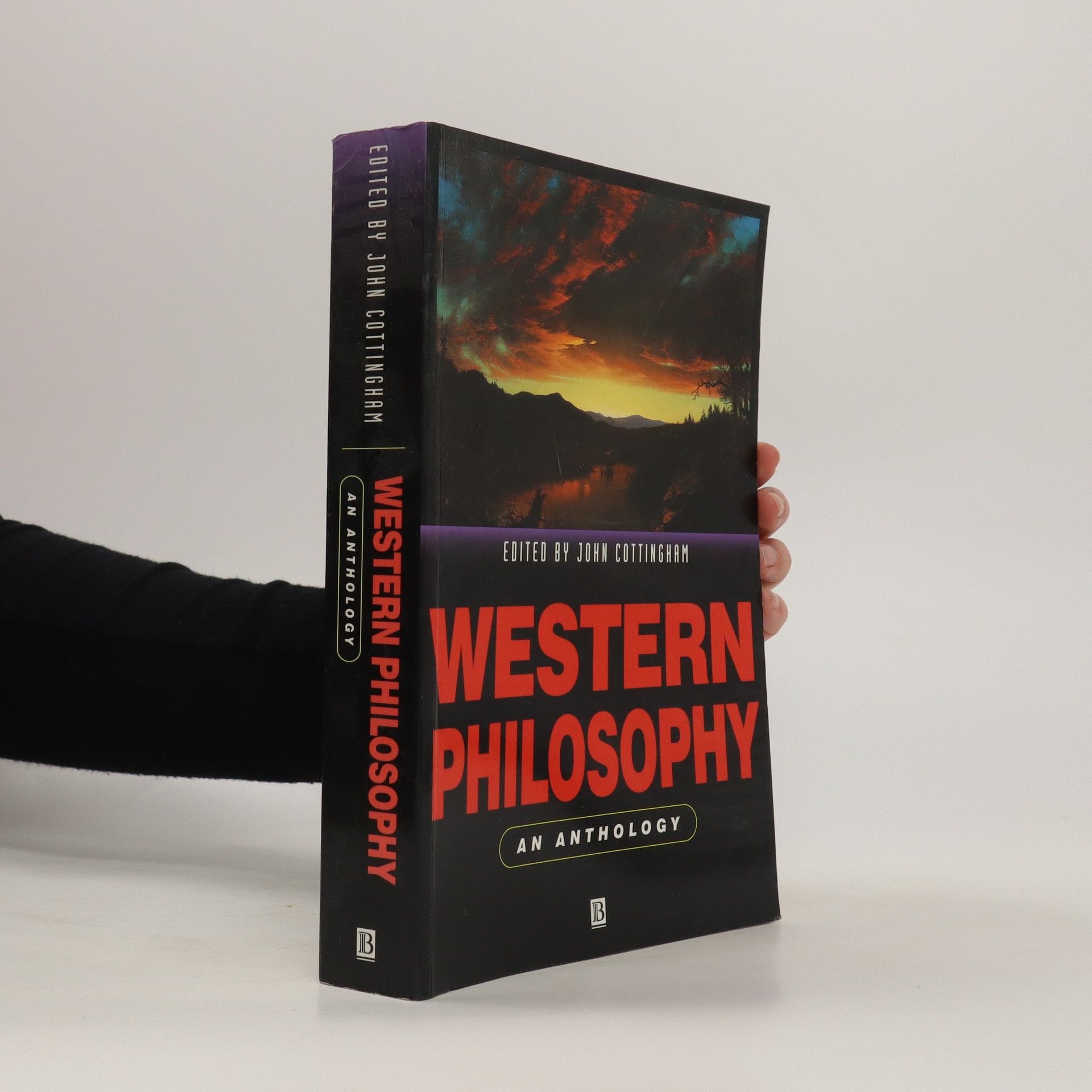The Great Philosophers: Descartes
- 64 pages
- 3 hours of reading
'It is not enough to have a good mind. The main thing is to use it well.'A stimulating, highly accessible account of the man often called the father of modern philosophy.
John Cottingham is an emeritus professor of philosophy whose work delves into profound questions of human existence and religion. His extensive body of work focuses on analyzing philosophical concepts and their relationship to religious belief. Cottingham is known for his sharp intellect and his ability to articulate complex ideas with clarity. His writing offers readers an engaging exploration of the philosophy of religion and ethics.






'It is not enough to have a good mind. The main thing is to use it well.'A stimulating, highly accessible account of the man often called the father of modern philosophy.
The concept of the soul has been explored since ancient times, raising questions about its relevance in today's scientifically driven society. This work takes readers on an accessible journey through the evolution of the soul in Western philosophy and culture, from Socrates and Augustine to Darwin and Freud. It highlights the significance of the soul in literature, music, art, and theology, arguing that it is essential for understanding meaning, value, experience, and personal growth. By examining landmark ideas from thinkers like Aristotle, Plato, and Descartes, the author investigates consciousness and the hidden aspects of the human psyche. He also addresses the universal longing for transcendence that characterizes our humanity. Exploring the soul's historical, moral, psychological, and spiritual dimensions, the text argues for its enduring impact on human flourishing. Ultimately, it presents a compelling case for why a deeper understanding of the soul can enhance our grasp of what it means to be human, demonstrating its profound significance in contemporary life.
Descartes's Meditations on First Philosophy remains one of the most widely studied works of Western philosophy. This volume is a refreshed and updated edition of John Cottingham's bestselling 1996 edition, based on his translation in the acclaimed three-volume Cambridge edition of The Philosophical Writings of Descartes. It presents the complete text of Descartes's central metaphysical masterpiece, the Meditations, in clear, readable modern English, and it offers the reader additional material in a thematic abridgement of the Objections and Replies, providing a deeper understanding of how Descartes developed and clarified his arguments in response to critics. Cottingham also provides an updated introduction, together with a substantially revised bibliography, taking into account recent literature and developments in Descartes studies. The volume will be a vital resource for students reading the Meditations, as well as those studying Descartes and early modern philosophy.
In this book, abstract intellectual argument meets ordinary human experience on matters such as the existence of God and the relation between religion and morality.
Revered as the 'father of modern philosophy', Descartes is one of the most influential philosophers of all time, but his ideas are also highly controversial and have been subjected to intense criticism by philosophers. This book examines Descartes' attempt to construct a new basis for scientific understanding.
Religion, Philosophy, and Human Value
From ancient Greece to the leading philosophers of today, Western Philosophy: An Anthology provides the most comprehensive and authoritative survey of the Western philosophical tradition. In 100 substantial and carefully chosen extracts, the volume covers all the main branches of philosophy - theory of knowledge and metaphysics, philosophy of mind, religion and science, moral philosophy (theoretical and applied), political theory and aesthetics. Chronologically and thematically arranged, the readings are introduced and linked together by a lucid philosophical commentary which guides the reader through the key arguments. This outstanding text will support a wide variety of introductory courses in philosophy, as well as providing more advanced students with a handy collection of classic source materials.